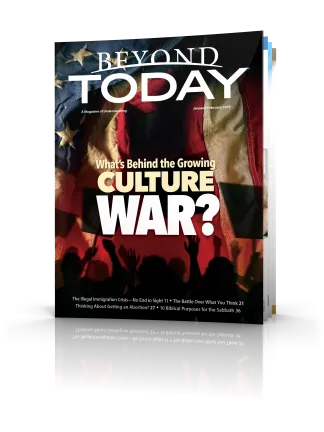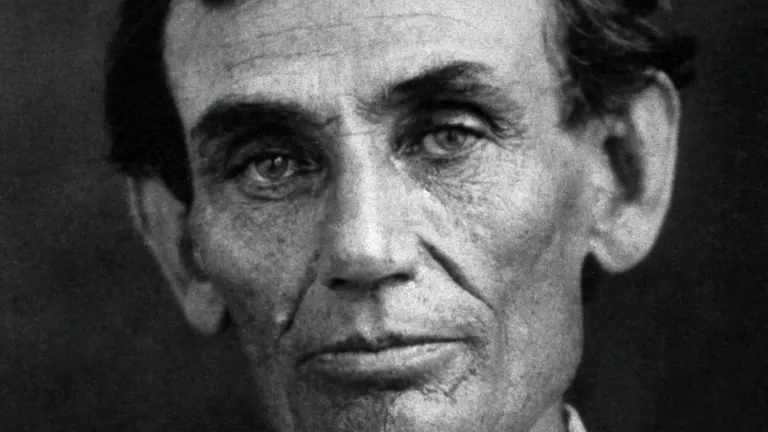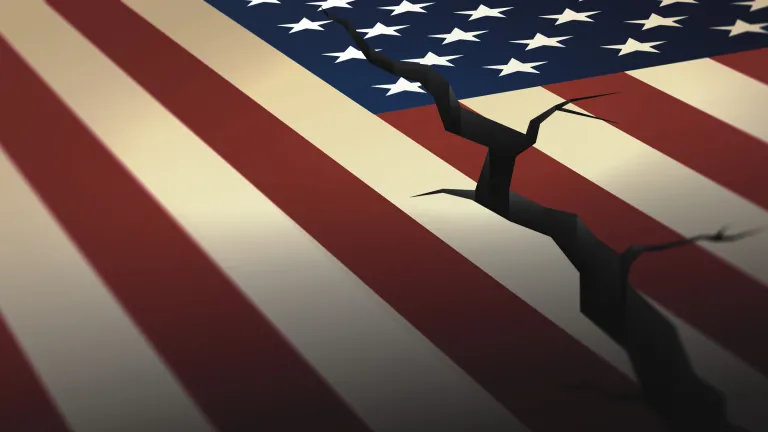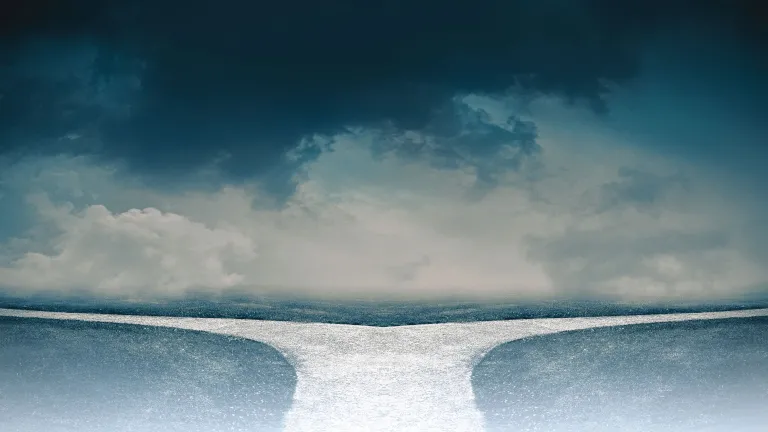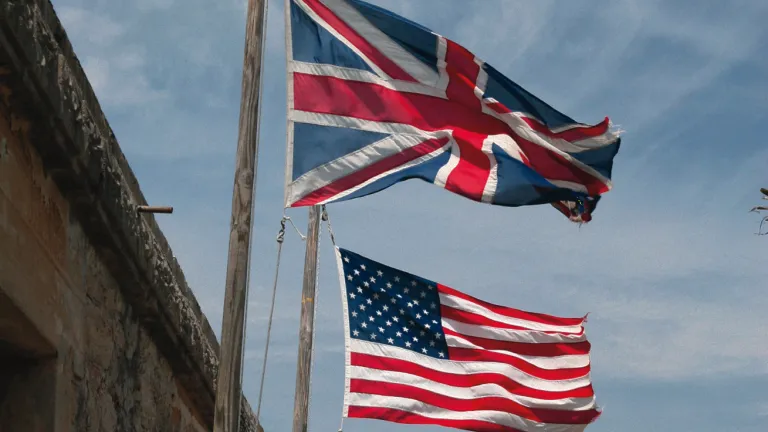Can a Nation Commit Suicide?

“If destruction be our lot, we must ourselves be its author and finisher. As a nation of freemen we must live through all time or die by suicide.” — Abraham Lincoln
Having an intense interest in the ancient world, I’ve walked among the ruins of a number of ancient empires—Egyptian, Greek, Israelite, Roman and Byzantine, plus a number of lesser-known kingdoms.
All had one thing in common—they never imagined that they would fall until it was too late. Sometimes destruction came slowly, sometimes virtually overnight. But come it did, and their world collapsed around them in a whirlwind of death, destruction and disaster.
It’s sobering to stand on the walls of these ancient cities and to wonder about the last thoughts of the terrified inhabitants as they saw the enemy hordes approach. What prayers did they utter for deliverance before their gods proved powerless in the face of foes mightier than they? At what point did they realize their world was about to end, that it was past the point of no return?
Sobering thoughts indeed.
It’s also sobering to realize that disaster doesn’t always come from the outside, but can as easily come from inside. One of America’s best-loved presidents, Abraham Lincoln, recognized this long before the bloody Civil War that brought him to fame. While still a young man he proclaimed his concern for the future of his country:
“At what point shall we expect the approach of danger? By what means shall we fortify against it? Shall we expect some transatlantic military giant to step the ocean and crush us at a blow? Never! All the armies of Europe, Asia and Africa combined . . . could not by force, take a drink from the Ohio, or make a track on the Blue Ridge, in a trial of a thousand years.
“At what point then is the approach of danger to be expected? I answer: If it ever reach us it must spring up amongst us . . . If destruction be our lot, we must ourselves be its author and finisher. As a nation of freemen we must live through all time or die by suicide” (emphasis added throughout).
Could a nation really die by suicide? Abraham Lincoln certainly believed so. This speech of warning launched a political career that ultimately took him to the White House.
His warning was also eerily prophetic, since a generation later the nation would tear itself apart as state fought against state and brother against brother. The country came perilously close to dying “by suicide.” It paid a terrible price, with more than 600,000 young men dying in battle or from disease. The scars of this conflict remain with us to this day.
Another famous American president was Thomas Jefferson, one of the nation’s founding fathers and principal author of the Declaration of Independence. He also understood the lessons of history and issued his own prophetic warning about the nation:
“Can the liberties of a nation be thought secure when we have removed their only firm basis, a conviction in the minds of the people that these liberties are the gift of God? . . . Indeed I tremble for my country when I reflect that God is just, that his justice cannot sleep forever.”
Today the United States stands at a crossroads, bitterly divided not only over its future but also over its past. A cultural war is underway in which clear battle lines have been drawn.
Does a nation where millions are eager to rewrite the past to erase God from the picture have a future? When a nation once viewed as a shining city on a hill becomes more and more like Sodom and Gomorrah, rotting in immorality and murdering a million of its unborn every year for the sake of convenience, what does the future hold? When much of a nation pursues self-destructive paths as those analyzed in this issue, what can it expect?
In His Word, God asks an all-important question to a nation that once knew and had been greatly blessed by Him but then turned its back on Him: “‘As I live,’ says the Lord God, ‘I have no pleasure in the death of the wicked, but that the wicked turn from his way and live. Turn, turn from your evil ways! For why should you die, O house of Israel?’” (Ezekiel 33:11).
God also knows that a nation can commit suicide. He’s seen it! When nations that at one time knew Him choose to turn from Him rather than to Him, they willingly choose to die rather than live!
Since the end of World War II we have seen the strength of the once-great British Empire diminish in its territorial scope, and even the mother country itself is wracked with cultural disintegration and division as it has chosen this self-destructive path. The United States is following closely behind.
Abraham Lincoln’s warning was and is crucial. I also reflect with deep concern that America’s own people could be the “author and finisher” of their own national destruction. And with Thomas Jefferson “I tremble for my country when I reflect that God is just, that his justice cannot sleep forever.”
These are sobering thoughts to contemplate. May you wake up to the growing danger before it’s too late and choose to turn to God and live!
